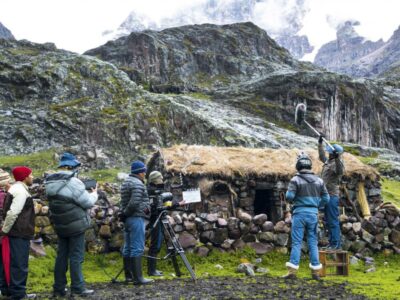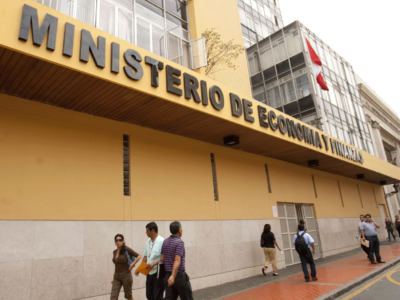
Key Points on the Changes Introduced by Law No. 32326 in Asset Forfeiture
The Real Plaza Trujillo disaster, which occurred on February 21, not only highlights deficiencies in inspection practices and enforcement of structural safety regulations, but also highlights the tensions between current regulatory policies and the operational reality of structures designated as high-risk. After being labeled as an “imminent hazard” in 2023 and subsequently temporarily closed, the mall was authorized to reopen in 2024 under declarations that it had been restored to safe conditions. However, the disastrous outcome of the collapse suggests a significant disconnect between the stated safety assessments and the actual structural integrity of the building. This gap potentially indicates a lack of rigor in inspection processes or a failure to comply with critical safety standards during and after the implementation of corrections.
On May 9, 2025, Law No. 32326 was published in El Peruano. This amendment modifies Legislative Decree No. 1373, the framework for asset forfeiture.
This change is relevant for those who manage or acquire real estate with unclear legal history or indirect participation in risky transactions. For example: properties purchased from third parties with unknown legal history, assets received as collateral for individuals under investigation, or assets from unsettled inheritances.
What is asset forfeiture?
It is a legal process that allows the State to declare the forfeiture of rights over assets related to illicit activities (money laundering, drug trafficking, corruption, etc.). It is a legal and property consequence that transfers ownership of assets that constitute the object, instrument, or effects or profits of illicit activities to the State. That is, it affects the property, not the person, extinguishing the person’s right of ownership when the origin or destination of the property is linked to an illegal activity.
Main changes in Law No. 32326:
- A final criminal judgment or award is required to initiate proceedings, except for certain serious crimes such as drug trafficking, terrorism, or human trafficking.
- The defendant may intervene from the asset investigation stage.
- Bona fide third parties with registered rights are expressly protected.
- Early auctions of real estate are restricted, except for excepted offenses.
How does this impact the real estate sector?
As mentioned, a property may be subject to asset forfeiture if it was used as an instrument, product, or effect of a crime, or represents an unjustified increase in assets. Even without a prior conviction, certain crimes allow for seizure.
Therefore, before acquiring a property, it is essential to conduct a real estate due diligence with a lawyer specializing in the subject, in order to verify legal risks, prior registration history, and possible criminal ties. In any case, you will have the protection afforded by the public record of the registry when acting in good faith and with due diligence.
At Thorne, Echeandía y Lema Abogados, we assist our clients in preventing these types of contingencies and structuring secure property transactions. Do not hesitate to contact us:
Segundo A. Campos Santillán




